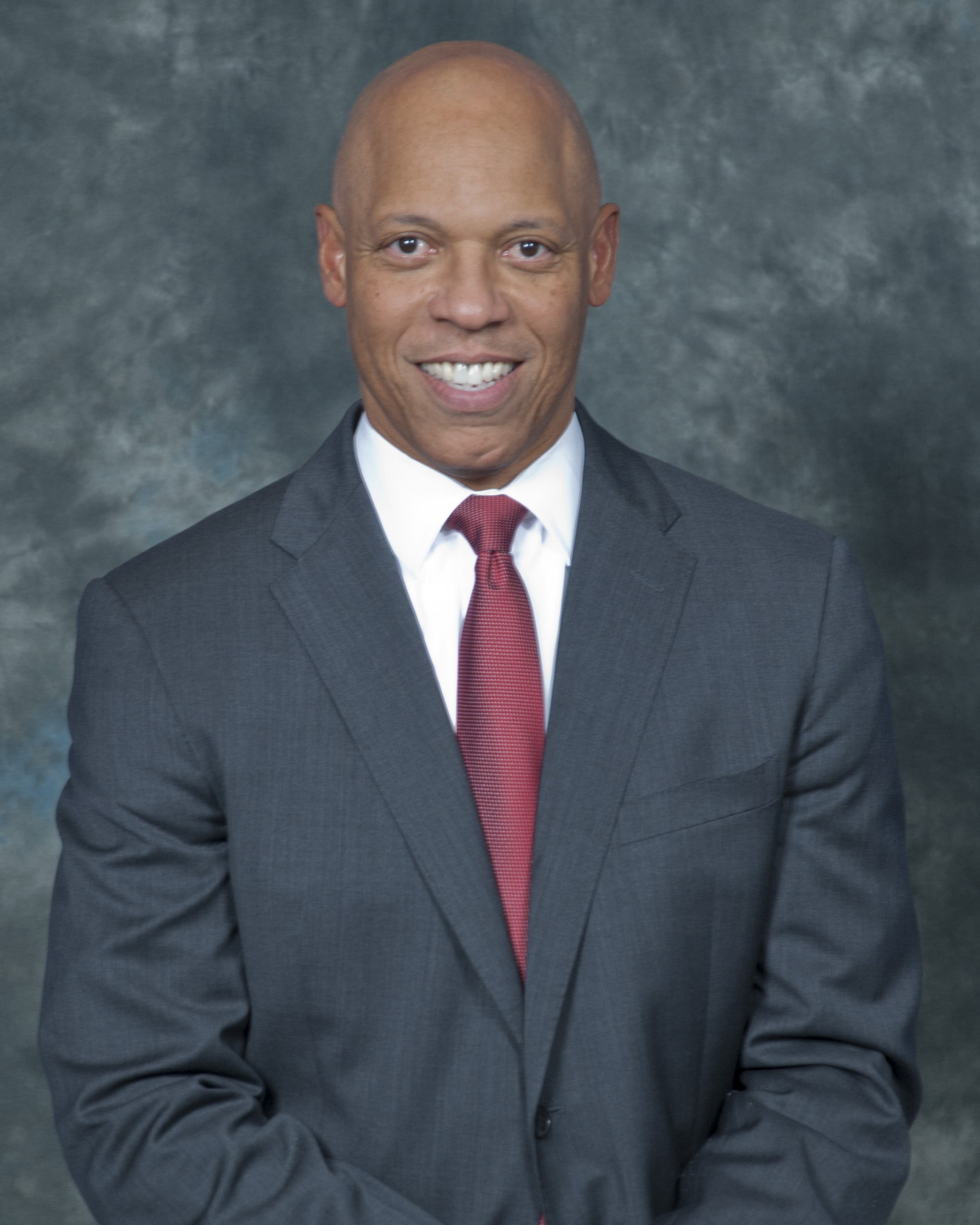William Hite, superintendent, Philadelphia

Tools and ideas to transform education. Sign up below.
You are now subscribed
Your newsletter sign-up was successful
William Hite has a strong history of edtech experience. He was at Henrico County District when it famously implemented one of the first one-to-one initiatives. He also spent six years at Prince George's County District, just outside of Washington, DC, which serves about 125,000 students. Today, Dr. Hite is the superintendent of Philadelphia School District, which is facing one of its most challenging financial crises in years due to state budget cuts. Running these schools is not an easy job, but Dr. Hite seemed refreshingly optimistic when T&L managing editor Christine Weiser sat down with him at the SchoolCIO Summit in June 2013.
TL: Philadelphia is having some hard times with so much funding being cut, not to mention challenges like poverty and a transitional student population. How do you find room for edtech initiatives in this challenging environment?
WH: I think that becomes the question of the day: How do we navigate through a tough fiscal time, when we unfortunately had to close 30 schools, lay off almost 5,000 people over the last several years, and ask everyone to make concessions? I think this is about creating environments that provide our children with the best opportunities to succeed. They need access to high-quality, engaging instruction that includes problem-solving, critical thinking, and engaging with other individuals, either in research or higher education or other children across the country or across the world. Technology provides us with the ability to do that.
Unfortunately, many of our children have interactions outside of school that are far more engaging than what we're asking them to do inside of school. And then we wonder why they feel school is either not for them or not relevant enough. You mentioned other things like poverty, English language, transition—all of those are really important factors but to combat that, we need children who are engaged in a process that they think is relevant and worthwhile.
TL: How do you think districts can make school more engaging?
WH: First and foremost, this is not a conversation about technology. It's not about devices or about using one platform over another. This is about teaching and learning. How do we let students interact with content and how do we make content available for students? How do they become individuals who really try to solve problems, so that what they're able to do in classrooms is actually applicable to college or the workforce?
Project-based learning is a real key to this. It's one of the reasons Science Leadership Academy in Philadelphia has been so successful. We also have a program called the Sustainability Workshop, where the entire approach is problem-based. These students are trying to resolve world problems like, how do you grow crops where there's no water or soil? How do you create modular houses for communities impacted by natural disasters?
This program was built out of a West Philadelphia automotive program where the students were competing with electric cars against other institutions like MIT, Harvard and Stanford. And these were high school students, just normal students from the neighborhood.
Next year, the Sustainability Workshop will become a public school. We're going to take it to scale. What we're trying to do is to turn classrooms into opportunities for students to really apply their learning.
Tools and ideas to transform education. Sign up below.
TL: How does standardized testing fit into this model?
WH: No matter what the assessment looks like, it is going to drive and determine behaviors. Individuals will naturally prepare students for whatever that assessment may be. But there are other ways to teach the information that will be tested. If we allow students to really to engage with the content, they will learn the basic skill.
Here’s an example: In one of my former districts, we had a project called the Student Built House, where students actually constructed 39 homes in the community, working alongside industry experts. The students did everything from clearing the land to doing the masonry work, the electrical work, the roofing. They did everything. They sold the house. They did the landscaping. Through that project, we found that our students learned math and science concepts and improved their ability to communicate.
Here's what they also learned: They learned there are real consequences to not meeting deadlines. They understood when the inspector was going to come for the permitting and the inspections. That experience allowed students to learn, for example, Calculus in a very different way.
So, part of this is providing students with the opportunities to really learn. Of course we have to memorize times tables. Of course we need to know the periodic table. We need to know some facts related to history. However, beyond that, we need to provide students with opportunities to apply that information to real-life situations, not just hypothetical situations.
We have to create assessments that really allow students to demonstrate in various ways their level of understanding of a particular concept. Unfortunately, standardized tests only ask for one way.
TL: Do you think that Philadelphia’s funding challenges might be an opportunity to rethink schools and maybe open some doors for some of these alternative ways of approaching schools?
WH: Absolutely. Science Leadership Academy is opening a second campus. The Sustainability Workshop is going to become a school, not just a program. We're looking at expanding other opportunities, such as putting schools into workplaces and using new industries and businesses that come into our neighborhoods as training sites for our children.
We also plan to open our own virtual school. The traditional model is not serving all of our students. We want to provide access to content and information whenever a student needs it.
We are also looking at community partnerships as a way to provide real-world experiences—purposeful and intentional around what we would like to see from the perspective of outcomes. Instead of talking about student success from a perspective of state assessment achievement, suppose we used other indicators like persistence, problem-solving, or critical thinking, or the ability to apply, synthesize, create, or provide evidence to a particular argument. Those are skills that our young people will need to be successful in our world.
